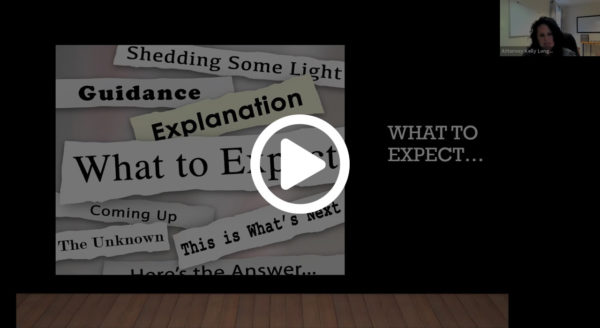Most people understand that having some sort of an estate plan is a good thing. However, many of us do not take the first steps to get that estate plan in place because we do not understand the nuances between a will and trust.
If you have created a trust, you have taken control of your estate plan and your accounts and property. Accounts and property owned by the trust are not subject to the probate process and one of the most important benefits of a trust is that the details and process of transferring accounts and property to the intended individuals is private.
In the trust, you will have named a trusted individual (trustee) to manage your affairs with specific instructions on how your accounts and property should be dispersed and when.
- One word of caution – a trust must be properly funded in order to bypass probate.
- Funding means that ownership of your accounts and property has been changed from your name individually to the name of your trust.
- Think of your trust as a bushel basket. You must put the apples into the basket just like you must put your accounts and property into the trust for either to have real value.
You do still need a will (pour-over will) to get any accounts or property inadvertently or intentionally left out of your trust into the name of the trust. You will also still need a will to name guardians for a minor child.
The bottom line? A trust allows you to maintain control of your accounts and property through your chosen trustee, avoid probate, and leave specific instructions so that your children are taken care of – without receiving a lump sum of money at an age where they are more likely to squander it or have it seized from them.
Do not let the will versus trust controversy slow you down. Call the office today; we will put together an estate plan that works for you and your loved ones whether it be a will, trust, or both. We are available for in-person and virtual consultations.

